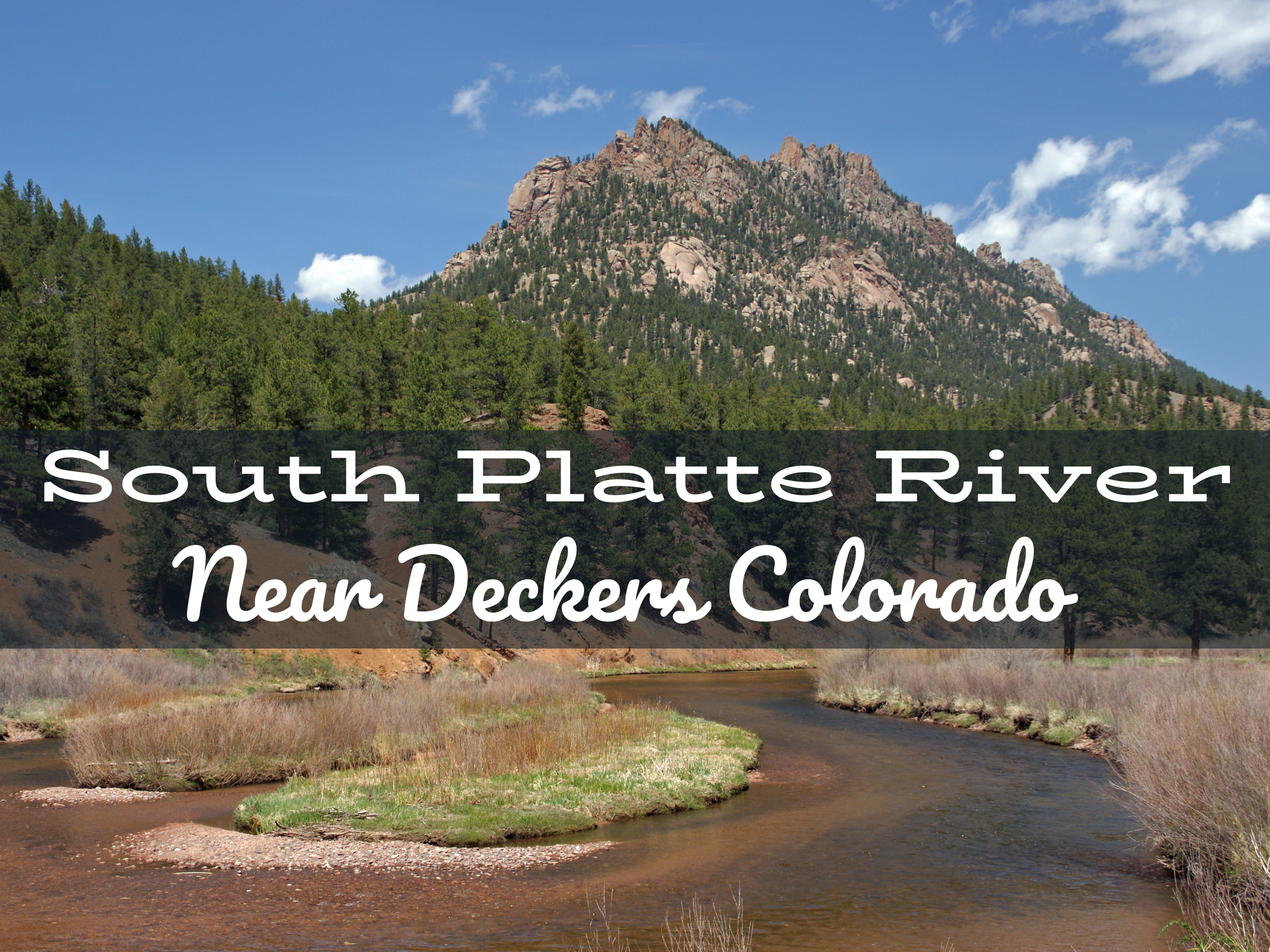Fall Fly Pattern Guide - Colorado’s Must-Have Flies for October Hatch Action
Fall in Colorado is trout season at its finest. The crowds thin, the leaves turn gold, and the rivers come alive with bugs that trout can’t ignore. If you’re still tossing summer hoppers and flashy attractors, you’re already a step behind. Fall fishing in Colorado demands a different playbook — one built around smaller mayflies, subtle presentations, and a few sneaky terrestrials that still get crushed when the sun is high.
This guide breaks down the essential fall fly fishing patterns for Colorado rivers, so you know exactly what to stock in your fly box and when to tie them on.
Listen to the Podcast!
Why Fall Fishing in Colorado is Different

Colorado trout transition diets as the seasons shift. Summer’s big meals — stoneflies, hoppers, and thick caddis hatches — give way to smaller, more technical insects in fall. Clearer water and colder nights mean fish get picky. Fall success isn’t about volume; it’s about precision.
Fall Hatch Patterns to Know
Blue-Winged Olives (BWOs)
 The BWO is the undisputed king of fall. Overcast days in October can bring blanket hatches, and trout key in on them like clockwork.
The BWO is the undisputed king of fall. Overcast days in October can bring blanket hatches, and trout key in on them like clockwork.
- Nymphs/Emergers: RS2, Juju Baetis, Sparkle Wing (sizes 18–22)
- Dries: CDC Biot Comparadun, Parachute Adams (sizes 18–22)
- When to Fish Them: Late morning to mid-afternoon, especially on cloudy days
Midges

Midges never leave the menu, but in fall they become a staple. Think smaller, thinner, and dead-drift perfect.
- Nymphs: Zebra Midge, Top Secret Midge (sizes 20–24)
- Emergers/Dries: Griffith’s Gnat, Morgan’s Midge (sizes 20–26)
- When to Fish Them: All day, with peak activity in the afternoons
Tricos
-1.png?width=200&height=200&name=Untitled%20design%20(20)-1.png)
September sees the last big trico spinner falls, especially on the South Platte and Fryingpan. By October, they fade, but trout will still sip them if present.
- Dries: Trico Spinner (sizes 22–24)
- When to Fish Them: Early mornings during warm stretches
Caddis (The Last Push)

By late September, caddis taper off, but warm afternoons can still trigger short bursts.
- Nymphs: Graphic Caddis, LaFontaine’s Sparkle Pupa (sizes 14–18)
- Dries: X-Caddis, Elk Hair Caddis (sizes 14–16)
- When to Fish Them: Warm afternoons, riffles, and faster water
Terrestrials (One Last Hurrah)

Frost may kill the hopper game, but ants and beetles keep producing until snow sets in.
- Patterns: Amy’s Ant, Foam Beetle, Parachute Hopper (sizes 10–16)
- When to Fish Them: Midday, especially near banks and grassy seams
Streamers: The Fall Wild Card

As water cools, bigger fish get aggressive. Browns in particular will smash streamers ahead of the spawn.
- Patterns: Slump Buster, Mini Dungeon, Baby Gonga (sizes 6–10)
- Best Conditions: Low light, overcast days, or in deeper runs
Tactical Tips for Fall Fishing
- Fish Smart Windows: BWOs late morning, terrestrials midday, midges in the afternoon, streamers in low light.
- Go Lighter: Use 5X–6X fluoro, longer leaders, and dead-drift perfection.
- Cover Water: Don’t camp one spot—fall fish spread across riffles, seams, and tailouts.
- Watch Temps: Once water hits 65–68°F, trout slow down. Fish early, then give them a break.
FAQs — Colorado Fall Fly Patterns
Q: What’s the #1 fall fly in Colorado?
A: A size 20 RS2 or Sparkle Wing Baetis. It fools fish statewide from September through November.
Q: Do hoppers still work in October?
A: Sometimes. Cold mornings kill hopper activity, but ants and beetles often save the day.
Q: Where should I fish in fall?
A: Tailwaters like the Dream Stream, Fryingpan, and Blue stay consistent. Freestones can fire after rain.
Q: What rod setup is best?
A: A 9’ 5-weight is perfect for dry-droppers and nymph rigs. Carry a 6-weight for streamer days.
Q: Can I still fish evenings?
A: Yes, but mornings and cloudy afternoons are better. Streamers are the go-to late in the day.
Q: Do fall hatches change by elevation?
A: Absolutely. Higher elevations see BWOs and midges dominate earlier, while lower rivers hold terrestrials longer.
.png?width=300&height=100&name=Copy%20of%20Rise%20Beyond%20Logo%2012.31.24%20(300%20x%20100%20px).png)
.png)
.png)

